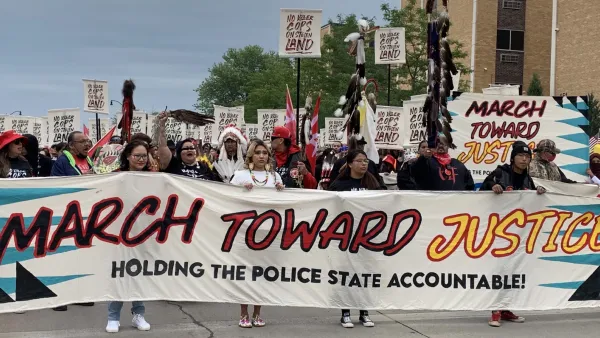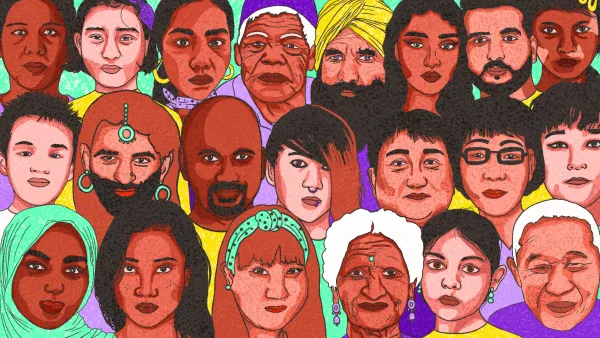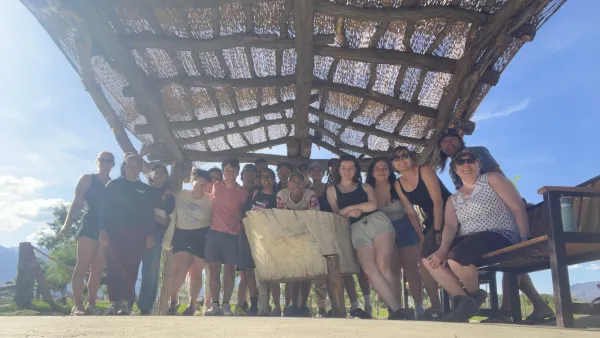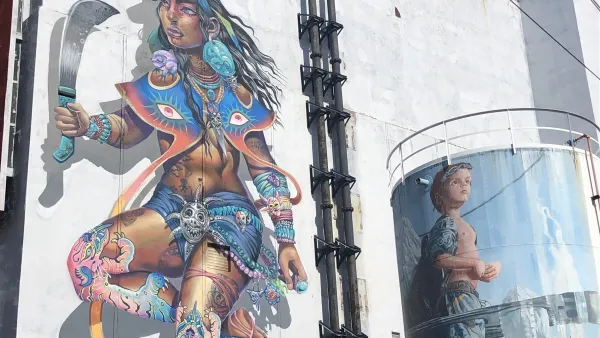L98 301T - Topics in AMCS: Indigenous America and Carceral Empire
One of the highlights of the course is learning how to read physical environments as primary sources.
We will be visiting Jefferson Barracks Park—the site of the historic Jefferson Barracks—where Sauk leader Mahkatêwe-meshi-kêhkêhkwa (Black Hawk) was briefly imprisoned by the U.S. army after the 1832 Sauk-U.S. war. Another highlight is we’ll be cocreating a mixtape/exhibition on Native resistance. So much of the course content is focused on different forms of colonial subjugation and violence, but it’s important to remember that Indigenous peoples also resisted in all kinds of ways. We’ll start with Lyla June’s “All Nations Rise”.
I want to keep developing this course as a co-creation with the students who take it. For the final assignment, students will be submitting a proposal for a week of the syllabus—something that we didn’t get to explore during the semester. Part of the assignment is to propose primary and secondary sources that tell us something more about the relationship between Indigenous America and the formation of carceral empires. I take these proposals seriously. Students who make a strong case will get their proposed week included in the next iteration of the syllabus and be credited as co-designers of the course. I’m excited to see how Wash U students will leave their mark on this course.
L98 301T - Topics in AMCS: Indigenous America and Carceral Empire





